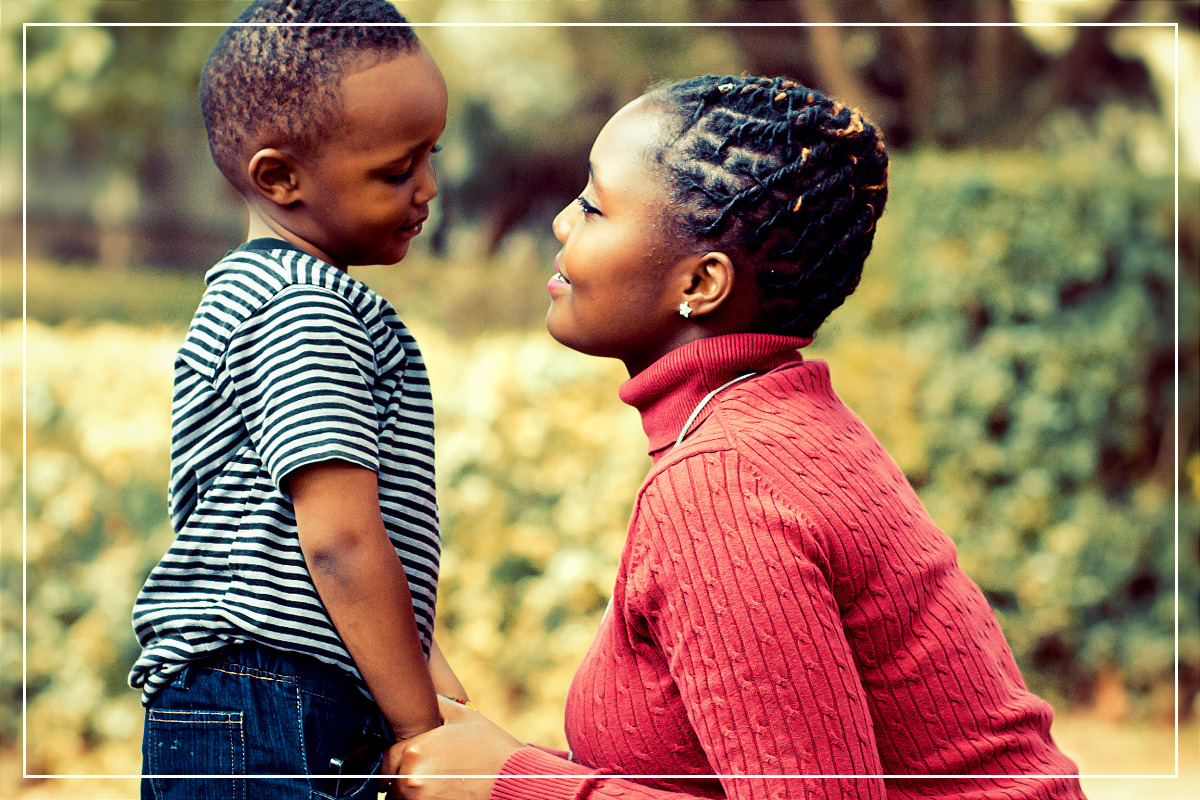
Do you find it difficult to trust people? Are you afraid the people in your life are going to leave you? Does it feel difficult to build and maintain relationships? While everyone’s experiences are different, the trauma you experience in your childhood can have a direct effect on the relationships you form in adulthood.
What Is Attachment?
According to an article from Frontiers in Psychiatry, attachment theory is defined as the deeply rooted evolutionary bond between an infant and their primary caregiver. If the interactions between the caregiver and infant are favorable, the child’s emotional and cognitive development improves, and their emotional bond with the caregiver is strengthened. Within attachment theory, there are four stages in the early development of attachment.
Early Attachment Stages
Listed below are the four stages of early attachment:
- Pre-attachment
- Early arising attachment
- Clear-cut attachment
- Differentiation and integration of attachment
Moreover, as children move from infancy to toddlerhood, they should form a secure and unique attachment to their caregiver as a normal part of their development. However, traumatic situations, events, and interactions that may occur during early development can leave long-lasting impacts on a child throughout adulthood.
Attachment Styles
Listed below are four attachment styles that can form from early childhood experiences:
- Secure attachment:
- Protest when left alone
- Shows major distress
- Happy when the caregiver returns
- Anxious-avoidant attachment:
- Does not protest
- Internal distress
- Anxious-ambivalent attachment:
- Emotional distress when left alone
- Clingy and avoidant with the caregiver
- Disoriented-disorganized attachment:
- Throw tantrums
- Inconsolable
While these attachment styles play a clear role in the distress you may have felt in your childhood with your family, the core of these styles can impede the health of the relationships you have formed now.
How Does Attachment Trauma Harm Relationships?
As noted in an article from the International Journal of Environmental Research and Public Health, your early attachment is a foundational part of the development of your self-worth and the health of the relationships you form in childhood and adulthood. When you experience healthy relationships early in life, it supports healthy relationships in adulthood with peers, romantic partners, and children.
Therefore, adverse childhood experiences (ACEs) can lead to unhealthy relationships later in life. For example, physical neglect can lead to a dismissive/avoidant attachment style in romantic relationships. With dismissive/avoidant attachment, you may avoid emotional attachment with partners out of fear of rejection.
Finding Support for Attachment Trauma in Recovery
Realizing that the adverse experiences of your childhood play such a significant role in your life and relationships today can feel daunting. However, at The Guest House, our mission is to create a safe, stress-free environment where you can reclaim your health, happiness, and life. No one deserves to be weighed down by the traumas of their past.
At The Guest House, we specialize in providing therapeutic techniques that will help you process your developmental and attachment trauma. When you understand how your childhood experiences have impacted you, you can truly start healing.
The attachment you form in early childhood can have a significant effect on your well-being in adulthood. Adverse experiences in your childhood can lead to unhealthy attachment styles in the relationships you form with peers, romantic partners, and children. However, with therapeutic support, you can uncover your developmental trauma and learn how to process those experiences in healthy ways. At The Guest House, we can support your healing from developmental trauma with a wide variety of trauma-specific modalities. Call us at (855) 483-7800 today.